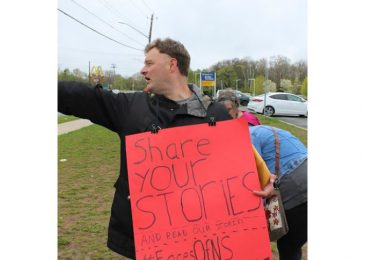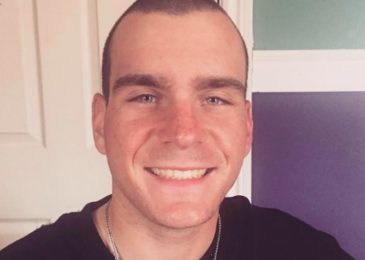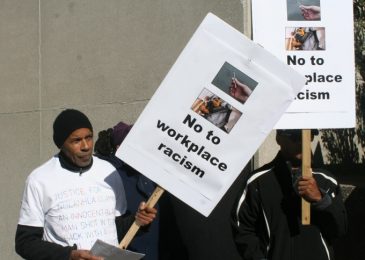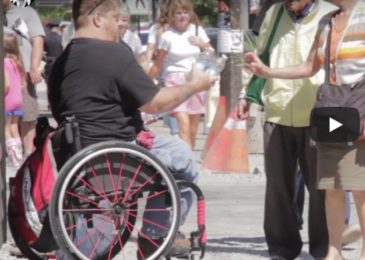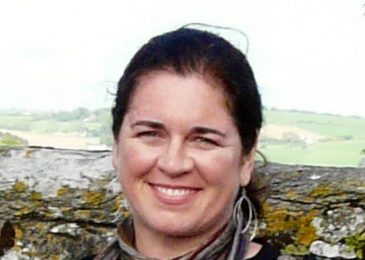PSA: Halifax vigil for Soleiman Faqiri and all those killed in prison
Today, Wednesday Jan. 30, at 7pm in the Student Union Building at Dalhousie University, Room 303, we are holding a Justice for Soli event in concert with the vigil in Toronto. Join Ashley Smith’s family on Bell Let’s Talk Day to talk about deaths in custody of people with mental illness in Canada.


